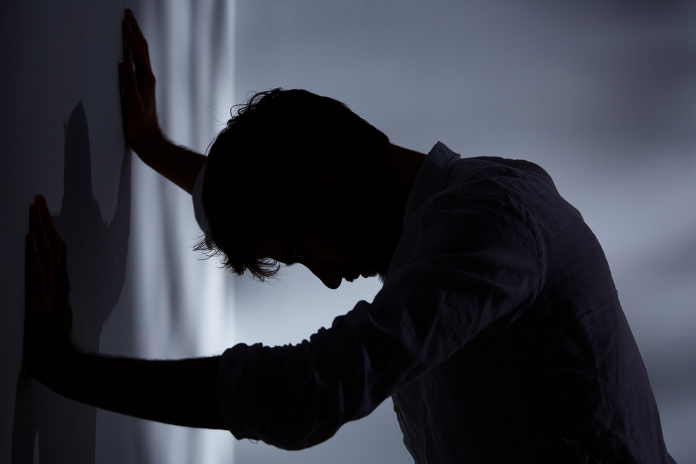The rates of psychological distress, including anxiety and symptoms of depression were found to peak during the COVID-19 outbreak. However, the acute and long-term impacts of COVID-19 pandemic on mental health are largely unknown. Research into previous pandemics has shown that mental health problems, including, insomnia, psychological distress and illness fears increased in people with pre-existing mental illness in survivors of disease and front-line health care workers.
There is a need for more research concerning the mental health impacts of COVID-19, for informing community support systems, treatment programs, prevention efforts and policy decisions.
In a new study, researchers from Australia used an online survey to examine the mental health responses of 5070 Australian adults to the pandemic. The questionnaire asked participants about their behavioural responses, physical activity, alcohol use, psychological distress during the COVID-19 pandemic.
Newby says: “We wanted to provide a snapshot of the mental health of the general community during the COVID-19 outbreak and look into the impact of the enforcement of social distancing laws, in Australia.” She adds, “We don’t know what the long-term impacts of the pandemic will be, but these figures certainly show a negative impact on mental health in the short-term.”
Although, the population included in the survey did not represent the overall population. 75% were Caucasian, 86% female, 70% had pre-existing mental health diagnoses. 0.15% of the participants had contracted COVID-19, 25.9% were either very or extremely worried about contracting the virus, whereas, 52.7% (more than half) worried about their family and friends. While the questionnaire was insufficient to make any diagnoses, most of the participants reported that their mental health worsened during the outbreak. Around 55% of the participants said their mental health had worsened, whereas, 23% said it had worsened a lot. In addition to this, half of the participants worried about their financial situation and reported moderate to extreme loneliness. 20.3 and 24.1% of people surveyed had been experiencing severe or extremely severe levels of depression, anxiety and stress.




